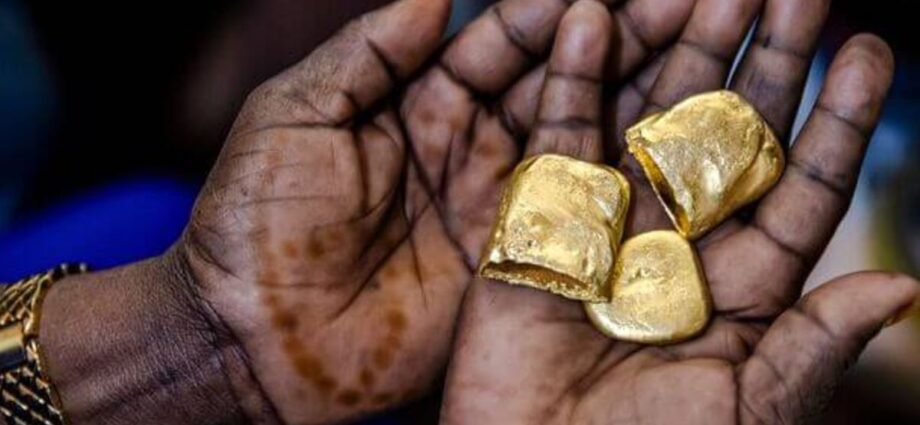
Dar es Salaam. Gold continues to be Tanzania’s most valuable mineral, but new data reveals that the production of other mineral resources is increasing at an impressive rate.
This shift poses a challenge to gold’s traditional dominance and signals new opportunities for economic growth.
According to the National Bureau of Statistics (NBS), the production of several minerals surged dramatically in the fourth quarter of 2024, with growth rates exceeding those of gold.
The NBS report, which outlines GDP figures for October to December 2024 based on the new base year of 2025, indicates that gold output rose by 21 percent, reaching 17.64 tonnes, up from 14.54 tonnes during the same period in 2023.
However, other minerals showed even more remarkable growth. Mica production soared by an astonishing 597 percent, climbing from 8,779.64 tonnes in Q4 2023 to 61,221.15 tonnes in Q4 2024.
Copper ore also saw significant growth, with a 308 percent increase, rising from 2,578 tonnes to 10,529 tonnes year-on-year. Kaolin experienced a 177 percent increase, producing 50,062 tonnes in Q4 2024 compared to 18,055 tonnes a year earlier.
Other rapidly growing minerals included bauxite and phosphate, each with a growth rate of 109 percent. Feldspar and pozzolana followed, with increases of 105 percent and 103 percent, respectively.
Each of these minerals is crucial for various industries. Mica is essential for electrical insulation and construction, while copper is widely used in wiring, plumbing, machinery, and infrastructure.
Kaolin, a soft white clay, plays an important role in paper production, ceramics, rubber, paints, and even pharmaceuticals. Bauxite is the primary source of aluminum, and phosphate is vital for fertilizer production. Feldspar supports ceramics and glass manufacturing, and pozzolana is used in manufacturing Portland Pozzolana Cement (PPC) and soil stabilisation.
Experts suggest this mineral boom offers a critical opportunity for Tanzania to transition from exporting raw minerals to developing value-added industries. This shift could lead to job creation, increased government revenue, and a strengthened domestic economy.
Deputy minister for Minerals, Dr Steven Kiruswa, highlighted the significance of strategic investments based on global market demand. “Our research identifies high-potential minerals, and we attract investments through institutions like Stamico (State Mining Corporation). The more we produce and sell, the more revenue we generate, which translates to more jobs and development,” he said.
Dr Kiruswa noted that while global prices may fluctuate, the long-term value of these minerals lies in their ability to support strategic sectors such as energy, construction, and manufacturing.
Development economists have long advocated for local processing as a means of converting Tanzania’s mineral wealth into tangible national benefits. Associate Professor Abel Kinyondo of the University of Dar es Salaam argued that merely exporting raw resources has limited Tanzania’s economic gains over the past three decades.
“With gold, silver and tanzanite, we’ve experienced missed opportunities. For these emerging minerals, we must pursue full value addition. This means transitioning from extraction to processing and even manufacturing,” he emphasised.
He underlined that integrating into the complete mineral value chain would enhance earnings, create jobs, and position Tanzania as a significant player in global mineral processing. Independent analyst Oscar Mkude echoed these views, stating that local processing would allow the country to retain more value and lessen its vulnerability to external shocks. “If we can process at least half of our minerals domestically, we’ll not only earn more but also create jobs and strengthen our industrial base,” he argued.
Mr Mkude called for a deliberate shift in focus – from raw extraction to developing industries that produce finished or semi-finished goods. “This aligns directly with the government’s Economic Transformation and Resilience (ETR) agenda. It’s about reducing dependency on volatile global markets and expanding local capacity for inclusive and sustainable growth.”
He added that strengthening the domestic value chain would enhance economic sovereignty and position Tanzania to withstand future global disruptions. “These are critical pillars for long-term, resilient development,” he concluded.














